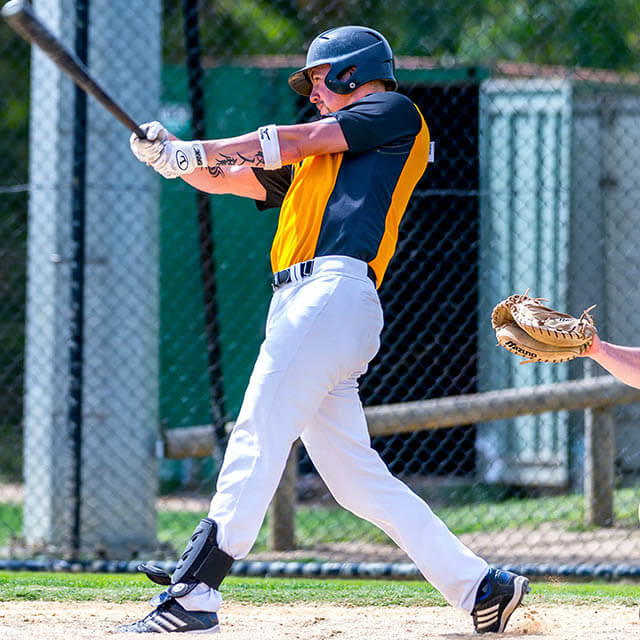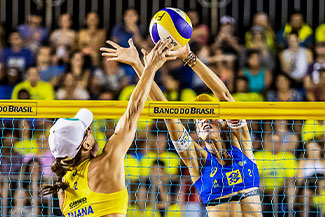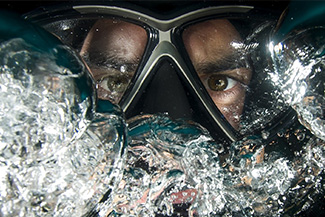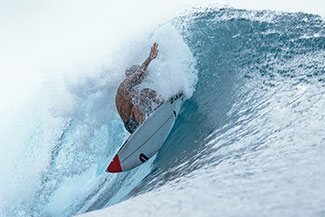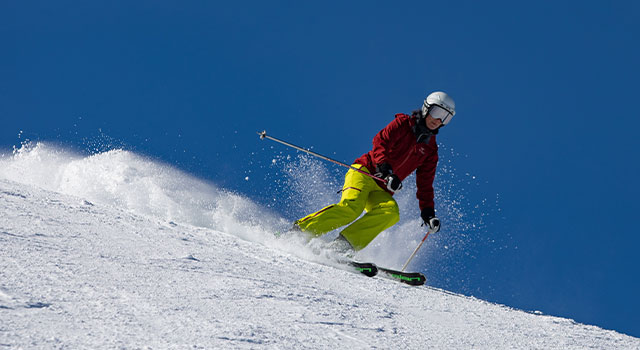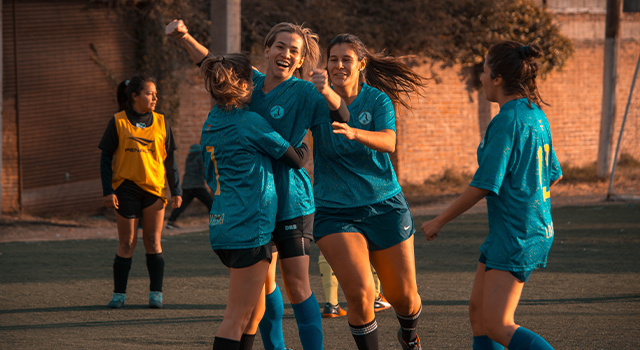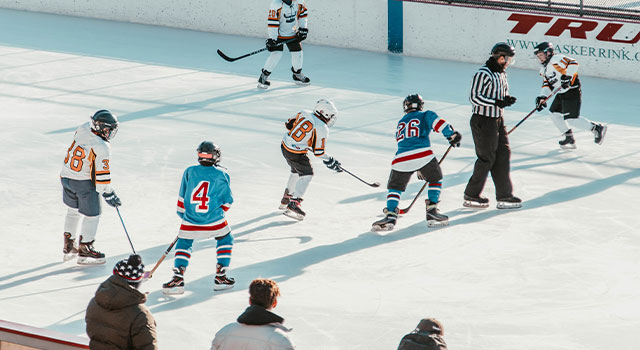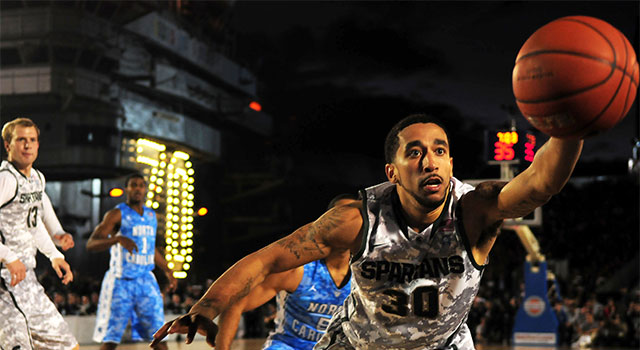Sports Vision Training in North Edmonton & Sherwood Park
How Can You React Faster, Improve Accuracy and Advance Your Skills?
Every athlete — whether amateur or professional — can benefit from honing their visual skills. Giving athletes the ability to enhance their sports vision skills is a proven way to improve performance. To learn more about how sports vision training can help you reach your goals, contact us at Village Eye Centre to schedule an appointment with one of our sports vision experts in Edmonton & Sherwood Park.
It Takes Way More Than Strength and Speed to Be at the Top of Your Game!
No matter the sport, an athlete’s core skills come down to how quickly and accurately they react to a play in real-time. Making the right decision in a fraction of a second is what sets pro athletes apart.
Athletes around the world, whether they’re into soccer, hockey, baseball, basketball, golf, skiing, or dozens of other sports, are turning to sports vision training to gain an edge over the competition.
With sports vision training, an athlete can become an exceptional player by improving the essential visual skills needed for eye-hand-body coordination and to make split-second decisions in their sport. Even athletes with 20/20 vision may lack the visual skills needed to truly excel in their sport.
To learn more about sports vision training and to find out how it can help you or your child succeed in sports, contact us today!

Sports Vision Training Gives You An Edge Over Your Competition
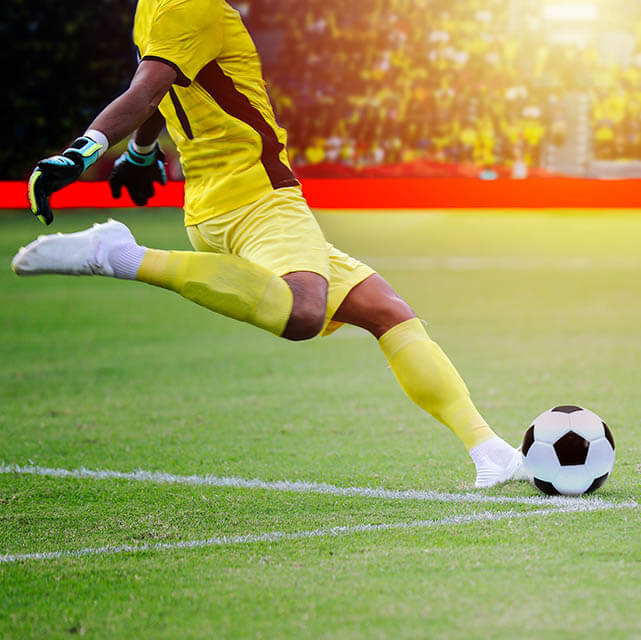
Sports vision training is an area of sport science dedicated to improving athletic performance by ensuring that the brain and body efficiently process the information obtained through the eyes.
Sports vision training helps optimize the brain’s ability to react to visual signals to improve:
- Balance – the ability to stay upright or in control of body movement.
- Contrast Sensitivity – the ability to distinguish between an object and its background, like a white ball against the sky.
- Depth Perception – the ability to quickly and accurately judge the distance and speed of objects.
- Dynamic Visual Acuity – the ability to clearly see objects in motion
- Eye Tracking – the ability to “keep your eye on the ball.”
- Focusing – the ability to rapidly change focus from one object to another quickly and efficiently.
- Hand-Eye or Body-Eye Coordination – the ability to use your eyes to direct the movements of your hands and body.
- Peripheral Awareness – the ability to see things out of the corner of your eye.
- Reaction Time – how quickly a person perceives an anticipated visual event and how quickly they can react to that stimulus.
Evaluating and strengthening each of the visual skills listed above can help increase your chances of playing your sport like a pro.
At Village Eye Centre, we help you be the athlete you know you can be!
Athletes, especially those in visually demanding sports, need to have remarkable visual skills. The ability to focus, track fast-moving objects, and react quickly can mean the difference not only between winning and losing but between staying safe and incurring an injury. So even the smallest increase in processing ability, reaction time, and resilience can put an athlete ahead of his or her game.
By pooling the knowledge and experience of the recognized leaders in the field of vision, neuro-cognition, and sports performance, we created a sports vision training facility dedicated to improving the visual-cognitive skills of athletes.
Perfecting cognitive-visual skills such as
- Peripheral vision awareness
- Eye-tracking
- Visual concentration
- Color contrast
…can mean the difference between merely good and exceptional.

How Does Sports Vision Training Work?
Sports vision training is a personalized form of vision therapy aimed at developing specific visual skills in athletes. The exercises in a sports vision program train the brain to effectively interact with the eyes and improve visual functioning. There are multiple visual functioning tests an athlete might undergo in a sports vision training program. These vision tests vary and depend on the athlete’s specific needs.
The sports vision training program consists of weekly in-office appointments and assigned daily exercises, and can range from several weeks to several months. It involves close monitoring and follow-up appointments to ensure steady improvements in the patient’s visual functions.
No matter what type of program you are given, motivation and consistency are the keys to getting the maximum benefit.


